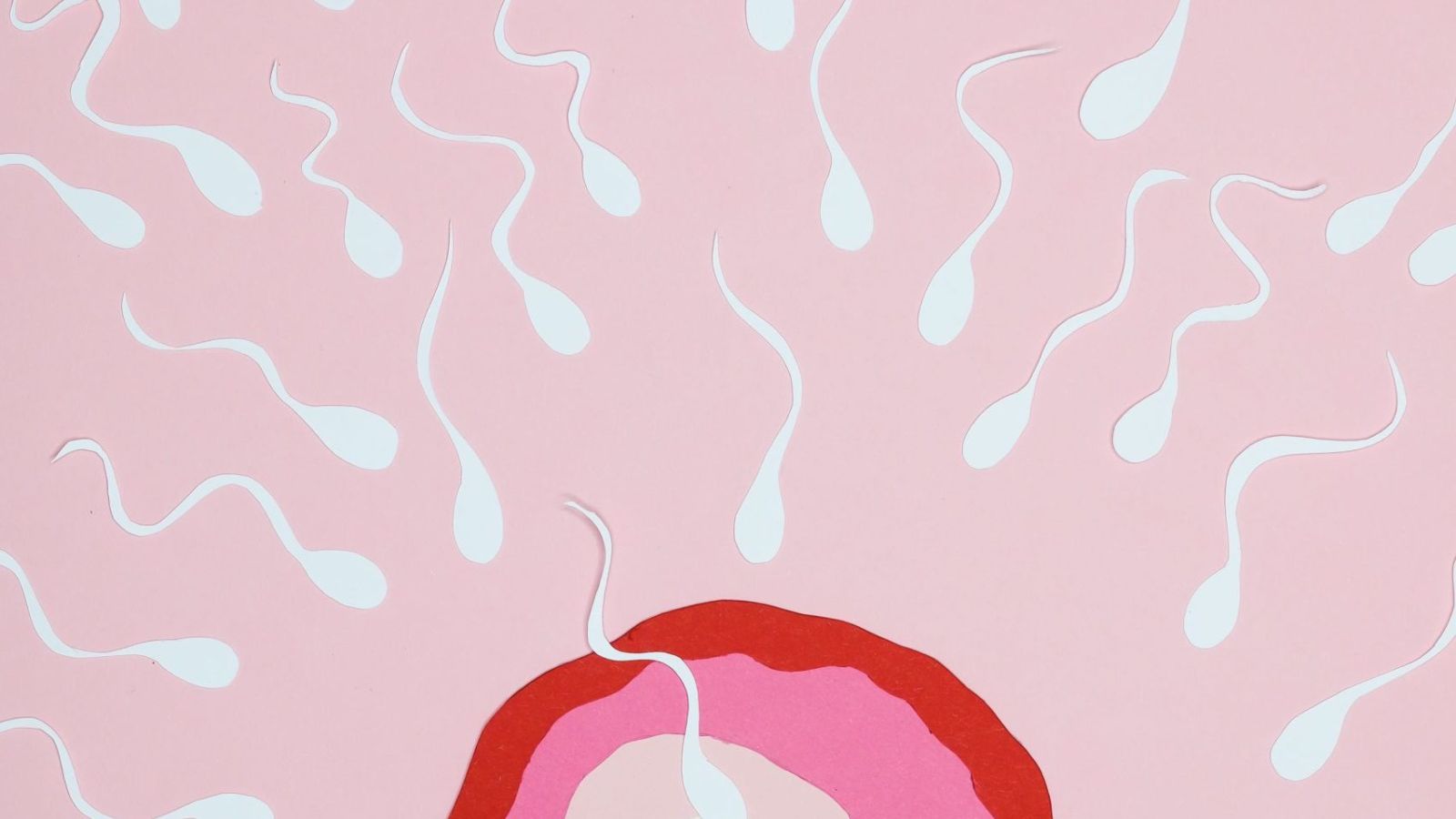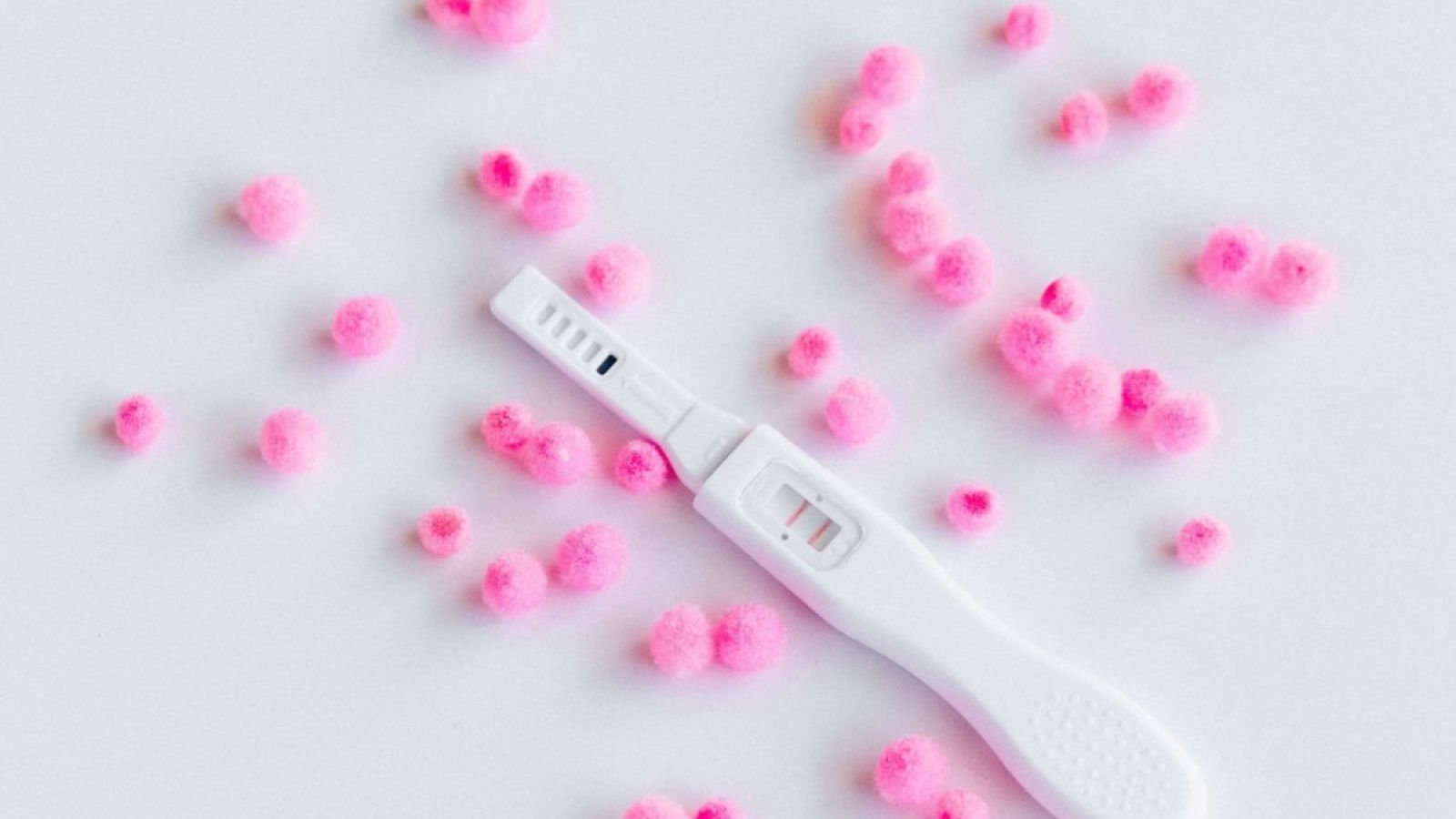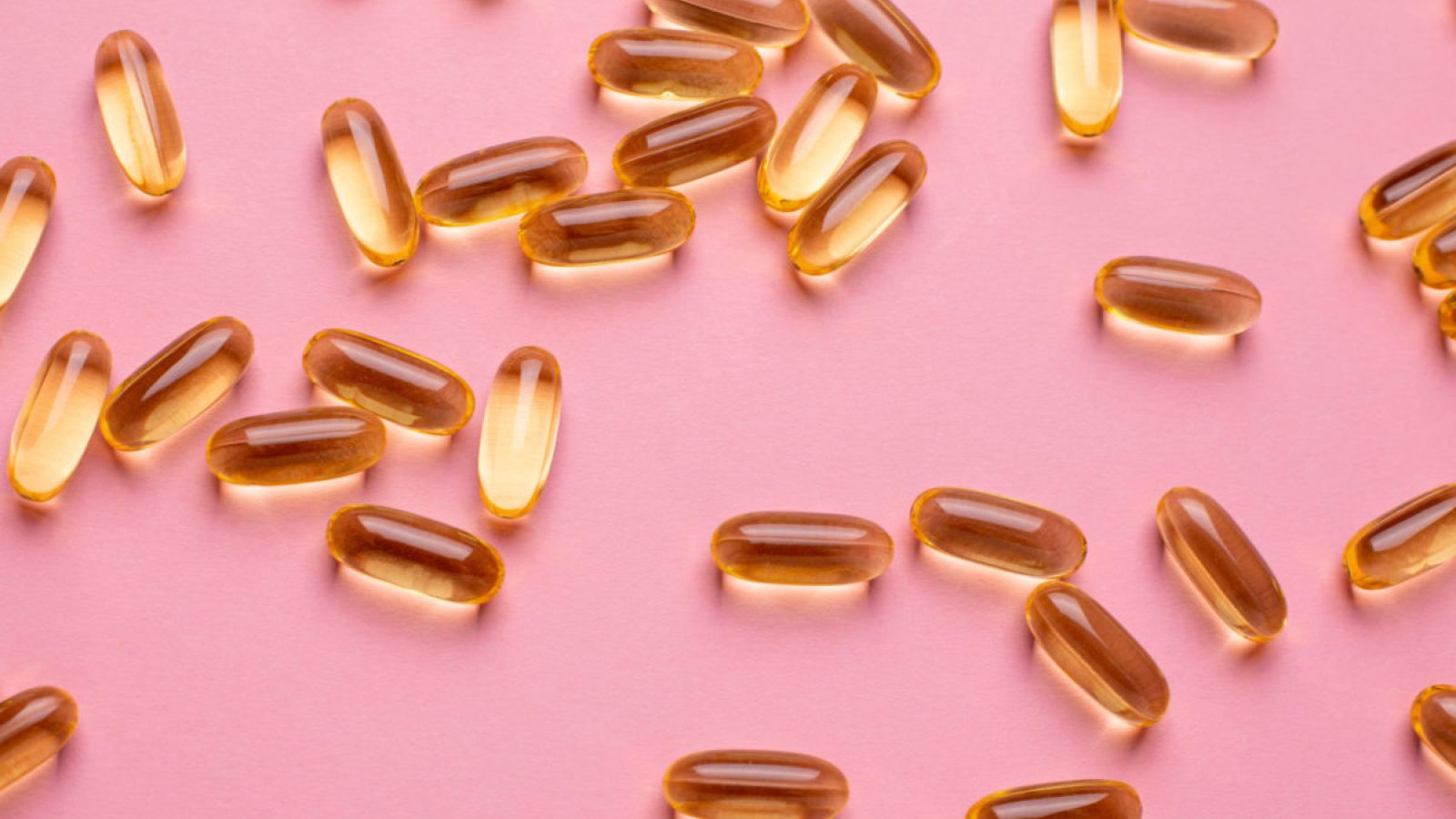
Female fertility by age
The decline of female fertility by age is something that eventually happens to every woman, so although menopause might not be on your mind right now, it should be if you’re thinking about getting pregnant in your 30s or 40s—or even in your 20s.
Fertility in your 20s
You are in your peak fertility in your 20s, with a 25% chance of getting pregnant each month. This means for every 100 fertile women in their 20s trying to get pregnant in one cycle, 25 will be successful and the other 75 will have to try again.
Even healthy, fertile women in their 20s may find it harder to get pregnant than they thought, but there is plenty you can do to increase your chances, for example, making sure you maintain a healthy weight by eating a nutrient-dense diet and exercising, limiting alcohol and caffeine, avoiding smoking, and taking a prenatal vitamin supplement. Read our trying to conceive tips and how to boost your fertility to find out more.
Getting pregnant in your 30s
Women are having babies later in life. The average age of women giving birth now stands at 30 or above. Getting pregnant in your 30s may become more difficult as fertility declines throughout the decade and falls more rapidly after the age of 35.
If you are under 35 and generally healthy but haven’t got pregnant after a year of having regular, unprotected sex, it’s recommended that see your healthcare provider for a fertility evaluation. If you are older than 35 or have any suspected fertility issues, then seek advice after six months.
Female fertility at 40 and beyond
When it comes to fertility at 40, although it’s still common to have babies at this age, a woman’s odds of getting pregnant each month are reduced by more than four-fold, compared with when she was 30, to less than 5% each month. This means that fewer than five out of the 100 fertile women will get pregnant in one cycle—the other 95 or more will have to keep trying.
Trying for a baby can take a huge toll emotionally when it’s not happening as quickly as you’d like, especially with the added stress of your biological clock ticking.
Find out how to delay menopause naturally!







